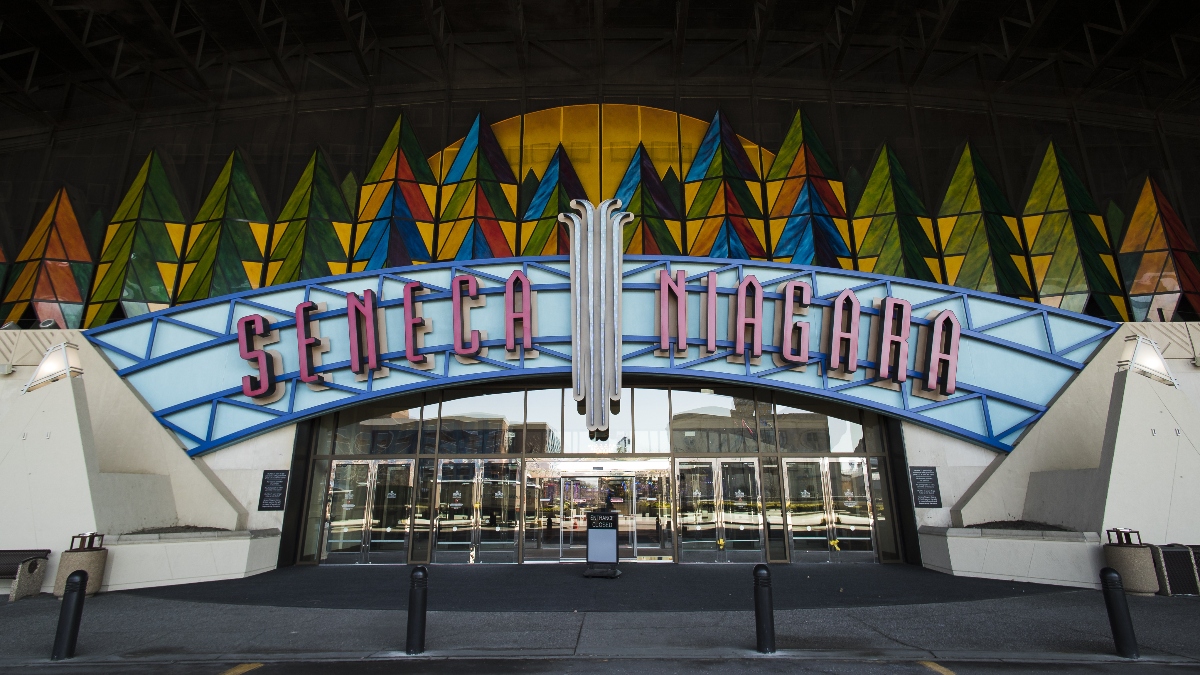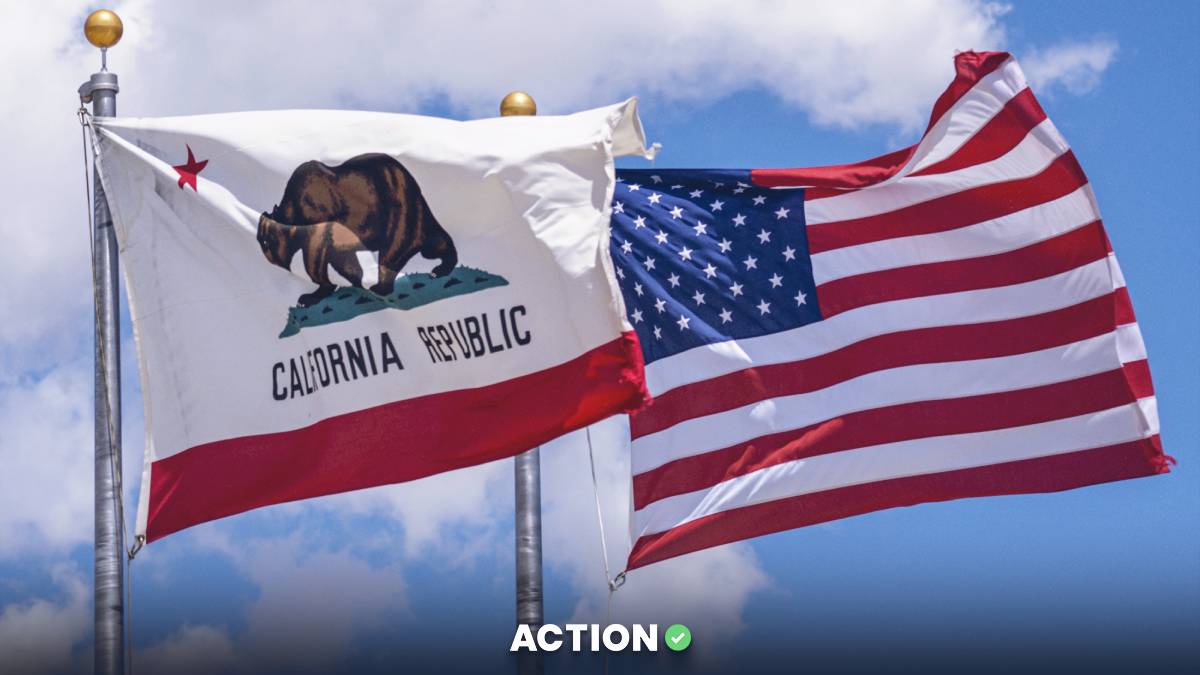Three Western New York cities—Buffalo, Niagara Falls, and Salamanca—are on the verge of getting some much-needed financial relief that will come from the Seneca Nation casinos.
Since December, the three cities haven't received money from revenue sharing with the state because the gaming compact expired. Both sides agreed to extend the compact terms every three months while they negotiate a new deal.
During this time, instead of paying New York directly, the Senecas have been putting 25% of the "net slot drop" into an escrow account.
New York Governor Kathy Hochul says the state will advance the money owed to all three cities who host the casinos.
A representative from Governor Hochul's staff told Spectrum News 1 that the cities will get the money by the end of the month. Although they haven't specified how much each city will receive, the office said the amounts will be based on estimated payments from December 10, 2023, to the end of June, which covers roughly two quarters.
Former governor Andrew Cuomo's administration made a similar move during a previous dispute with the Seneca Nation.
New York Cities Waiting For Slot Revenue
Under the expired compact, New York State was supposed to get 25% of the money from slot machines. However, since the Seneca Nation has been putting this money into an escrow account, government officials in Buffalo, Niagara Falls, and Salamanca, which each host a Seneca casino, have not received their revenue share.
Since June 2023, the Seneca Nation and the state have been negotiating without reaching a new deal. By the end of 2023, they decided to extend the existing compact's terms while continuing negotiations.
But now that the money will be received, both sides have more time to negotiate a new long-term deal.
Seneca Nation Revenue Battle Began in 2017
These communities got caught in the gaming conflict between New York and the Senecas when the tribe stopped payments in 2017.
Under a 2002 agreement with the state, the tribe had exclusive rights to run casinos in Buffalo, Niagara Falls, and Salamanca in return for sharing 25% of slot machine profits. Part of this money was supposed to go to the casino host cities, which relied on it to balance their budgets.
The Seneca Nation has said all along that it plans to use its new found gaming knowledge to negotiate a deal that directs the profits to meet the needs of their people first.
The Funds Are Especially Needed in Buffalo
The money will help all three cities balance their budgets, but some might argue that it's Buffalo that needs it the most.
This year, Buffalo's budget is short by $10 million to $15 million. The city depends on speculative income, like state money from Seneca Casino gaming. Because of this, the control board asked Buffalo to create a "gap plan" to cover a potential shortfall in city finances. When expected funds fall short, a backup plan can help city officials manage these financial challenges.
In this case, it appears that the gap plan won’t be needed. But a new deal with the Seneca Nation still is.



















































